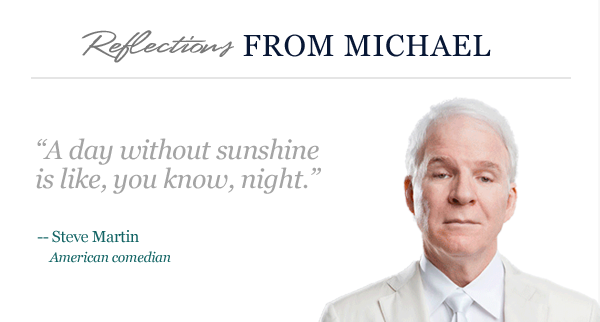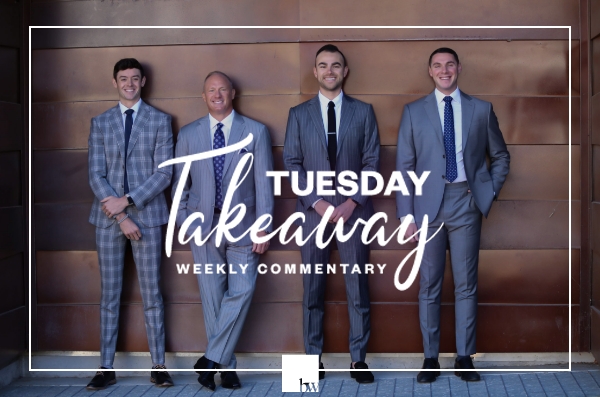“…Although waiting for inevitable events such as the arrival of a bus or one’s turn in line may be irritating…the combination of uncertainty about the outcome and waiting for that outcome can be particularly excruciating. In fact, waiting may be more anxiety provoking than actually facing the worst case scenario…”
That may go a ways toward explaining why markets didn’t rally when the Federal Reserve decided to leave rates unchanged last week. The Federal Open Market Committee’s statement indicated they were concerned, “Recent global economic and financial developments may restrain economic activity somewhat and are likely to put further downward pressure on inflation in the near term.”
On the face of it, continued low rates should have been good news for assets like stocks, according to Barron’s. However, any positive aspects to the news were mitigated by the fact everyone expects the Fed to begin raising rates soon. Investors are waiting for it to happen, and they’re uncertain how economies and markets will react when it does.
Heightened anxiety may be one of the reasons investors responded the way they did last week. On Friday, after mulling the Fed’s decision, national stock market indices around the world – in the United States, England, Germany, France, and Japan – fell significantly, according to Yahoo! Finance.
Now, we’re back to waiting.
If anxiety remains high, markets may be volatile.

It’s Official. The IGS Are In.
Ignoble is a word rarely heard in everyday conversation. Merriam-Webster defines it as meaning, “of low birth or common origin, or characterized by baseness, lowness, or meanness.”
The 25th First Annual Ig® Nobel Prize Ceremony was held last week at Harvard University.
Improbable.com reported, “Winners traveled to the ceremony, at their own expense, from around the world to receive their prizes from a group of genuine, genuinely bemused Nobel Laureates…” Winners completed research that made people laugh and then caused them to think.
- The Management Prize went to Gennaro Bernile, Vineet Bhagwat, and P. Raghavendra Rau, authors of ‘What Doesn’t Kill You Will Only Make You More Risk-Loving: Early-Life Disasters and CEO Behavior.’ They examined the link between CEOs’ early-life exposure to major fatal disasters and the financial and investment policies adopted by their companies. They found, “CEOs who experience fatal disasters without extremely negative consequences lead firms that behave more aggressively, whereas CEOs who witness the extreme downside of disasters behave more conservatively.”
- The Economics Prize was awarded to the Bangkok Metropolitan Police, which implemented a new policy in an effort to reduce bribery. They pay a bonus to police officers who refuse to accept bribes, even though the officers are required by law not to accept bribes. (It’s a concept that may resonate with parents.)
- The Literature Prize went to Mark Dingemanse, Francisco Torreira, and Nick J. Enfield, who presented evidence and arguments supporting the idea that ‘huh?’ is a word, and that it “is found in roughly the same form and function in spoken languages across the globe.”
If you’re interested in learning about the ignoble undertakings of other winners (who documented chicken walking like dinosaurs, created bee sting pain indices, and completed other thought-provoking experiments), visit
www.Improbable.com.

]]>



 ]]>
]]>